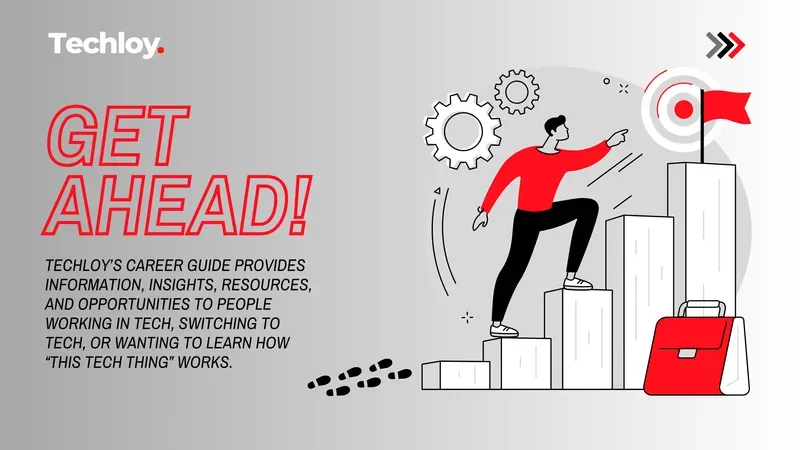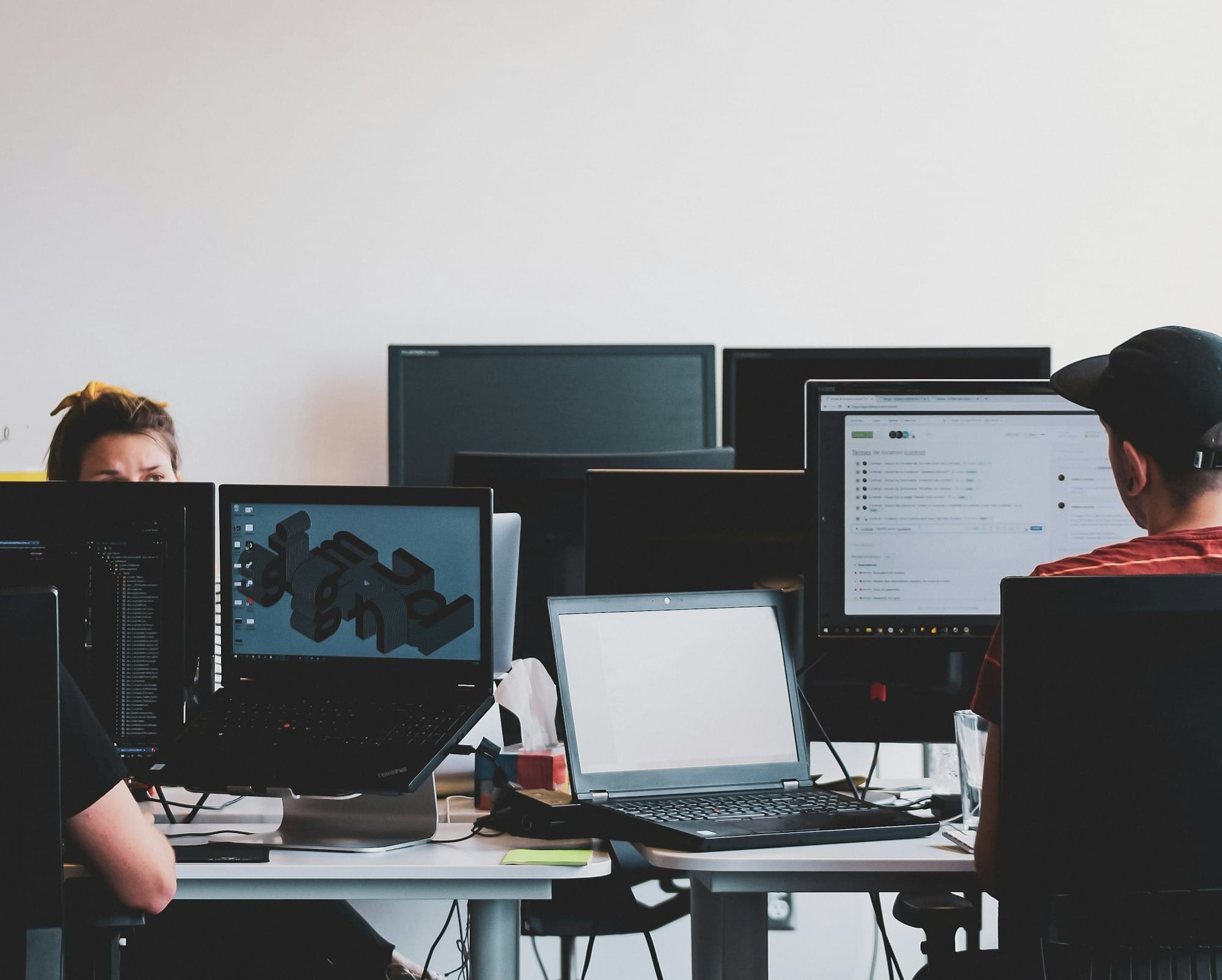A new report shows IT workers are losing jobs to AI at an alarming rate
AI isn’t going away—it’s only going to get better, faster, and more integrated into every aspect of business.
Imagine waking up one day to find out your job has been taken over—not by a more skilled colleague, but by artificial intelligence.
In the past year, tech companies like Microsoft, Meta, Amazon, Salesforce, Stripe, and Workday have announced job cuts. Some argue that AI layoffs are just a temporary cost-cutting strategy, but others believe we’re witnessing a fundamental, irreversible shift in the job market.
For example, between December 2024 and January 2025, the unemployment rate in IT shot up from 3.9% to 5.7%, according to a new report from consulting firm Janco Associates based on data from the U.S. Department of Labor, showing that companies are downsizing at an unprecedented rate, driven by rapid advancements in AI.
Within that period, 98,000 unemployed tech workers suddenly became 152,000 in just one month. The report attributed the decline partly to companies slashing jobs and betting on AI to do what humans once did.

And this is affecting several industries and functions.
Initially, it seemed like AI would only take over repetitive, clerical tasks—data entry, reporting, and IT maintenance. Now, even programmers and system designers and those roles that seem complex for automation are being impacted. AI-powered coding tools and design software are proving that work can be done faster, cheaper, and—at least in some cases—better than humans.
Victor Janulaitis, CEO of Janco Associates, describes this shift as "cost avoidance" rather than job creation. Companies aren’t using AI to expand their workforce; they’re using it to shrink it. It’s not just about making businesses more efficient—it’s about making them leaner, with fewer salaries to pay and fewer benefits to cover.
Take Klarna's CEO, Sebastian Siemiatkowski, for example, who recently admitted that AI has allowed his company to all but stop hiring since late 2023. Klarna’s workforce has already shrunk from 5,000 to under 4,000, and he expects it to drop even further. To drive the point home, his team even built an AI version of him to announce the company’s financial results—an eerie reminder that even CEOs aren’t untouchable in this new AI era.
For IBM, artificial intelligence will slow or even pause hiring for back-office roles like human resources, according to CEO, Arvind Krishna. Customer support roles could be significantly impacted. One e-commerce company called Dukaan recently replaced 90% of its customer support team with an AI chatbot.
A Divided Job Market and Uncertain Future
And yet, while the tech sector bleeds jobs, the broader labour market is still holding on. In January 2025 alone, the economy added 143,000 new jobs. But here’s the catch, it is at a slower pace than in the previous months and those gains aren’t happening in white-collar IT roles. Instead, they’re showing up in skilled labour and in-person jobs, areas where AI hasn’t yet made significant inroads.
Cory Stahle, an economist at Indeed, calls this trend a “bifurcation in opportunities.” If you’re a knowledge worker, you might be in trouble. If you work with your hands, though, you might just be safe—for now.
All of this raises some big questions. How do workers protect themselves in an AI-driven job market? Are companies thinking about the long-term consequences of mass automation, or are they simply chasing short-term profit? And what role should governments play in helping displaced workers find their footing again?
Will reskilling programs, social safety nets, or innovative workforce policies be enough to make sure workers aren’t left behind?
AI isn’t going away—it’s only going to get better, faster, and more integrated into every aspect of business. The challenge now is figuring out how to adapt and live with it.
Because whether we like it or not, the future of work is already here.







